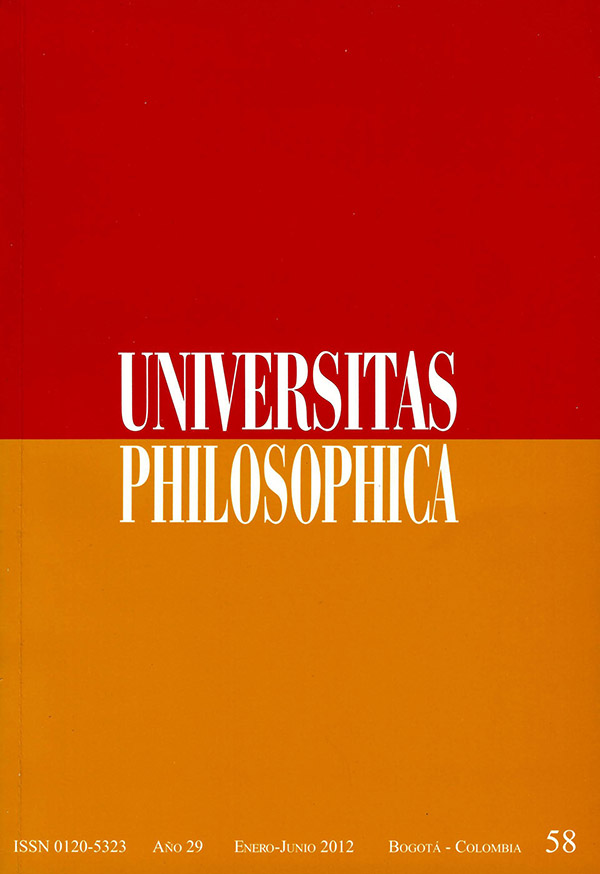Abstract
This paper explores Michael Pollan’s thesis in The Omnivore’s Dilemma that an inadequate industrial model imposed on the biological rhythms of agriculture and a shortsighted United States government policy of direct payment corn subsidies, perpetuates a non-sustainable food system that ramifies in ecological and social decline in the long term. Bernard Lonergan’s heuristic account of the emergence of the good of order and the longer cycle of decline provides the philosophical framework to grasp the elements at play in the breakdown of these flexible circles of schemes of recurrence on the technological, economic, and political levels. At its core, the lack of harmonious development within the intelligent and intelligible three-fold levels of society lies in a failure (1) to integrate harmoniously the lower schemes of recurrence into higher orders and (2) to grasp the presence of group and individual bias in the vertical consolidation of food production, processing, and distribution into the hands of a few profit-driven corporations. After first exploring the myriad negative consequences, I recount Lonergan’s notion of the development of the good of order in order to highlight the general bias operative in the current non-sustainable industrial food system. Finally, I consider the possibility of new emerging schemes of recurrence that seek to reverse the longer cycle of decline.
This journal is registered under a Creative Commons Attribution 4.0 International Public License. Thus, this work may be reproduced, distributed, and publicly shared in digital format, as long as the names of the authors and Pontificia Universidad Javeriana are acknowledged. Others are allowed to quote, adapt, transform, auto-archive, republish, and create based on this material, for any purpose (even commercial ones), provided the authorship is duly acknowledged, a link to the original work is provided, and it is specified if changes have been made. Pontificia Universidad Javeriana does not hold the rights of published works and the authors are solely responsible for the contents of their works; they keep the moral, intellectual, privacy, and publicity rights.
Approving the intervention of the work (review, copy-editing, translation, layout) and the following outreach, are granted through an use license and not through an assignment of rights. This means the journal and Pontificia Universidad Javeriana cannot be held responsible for any ethical malpractice by the authors. As a consequence of the protection granted by the use license, the journal is not required to publish recantations or modify information already published, unless the errata stems from the editorial management process. Publishing contents in this journal does not generate royalties for contributors.


